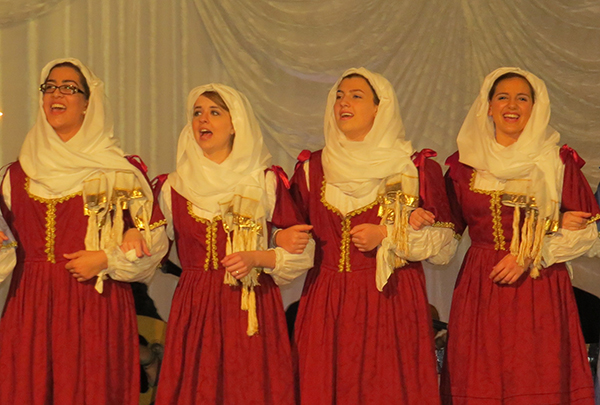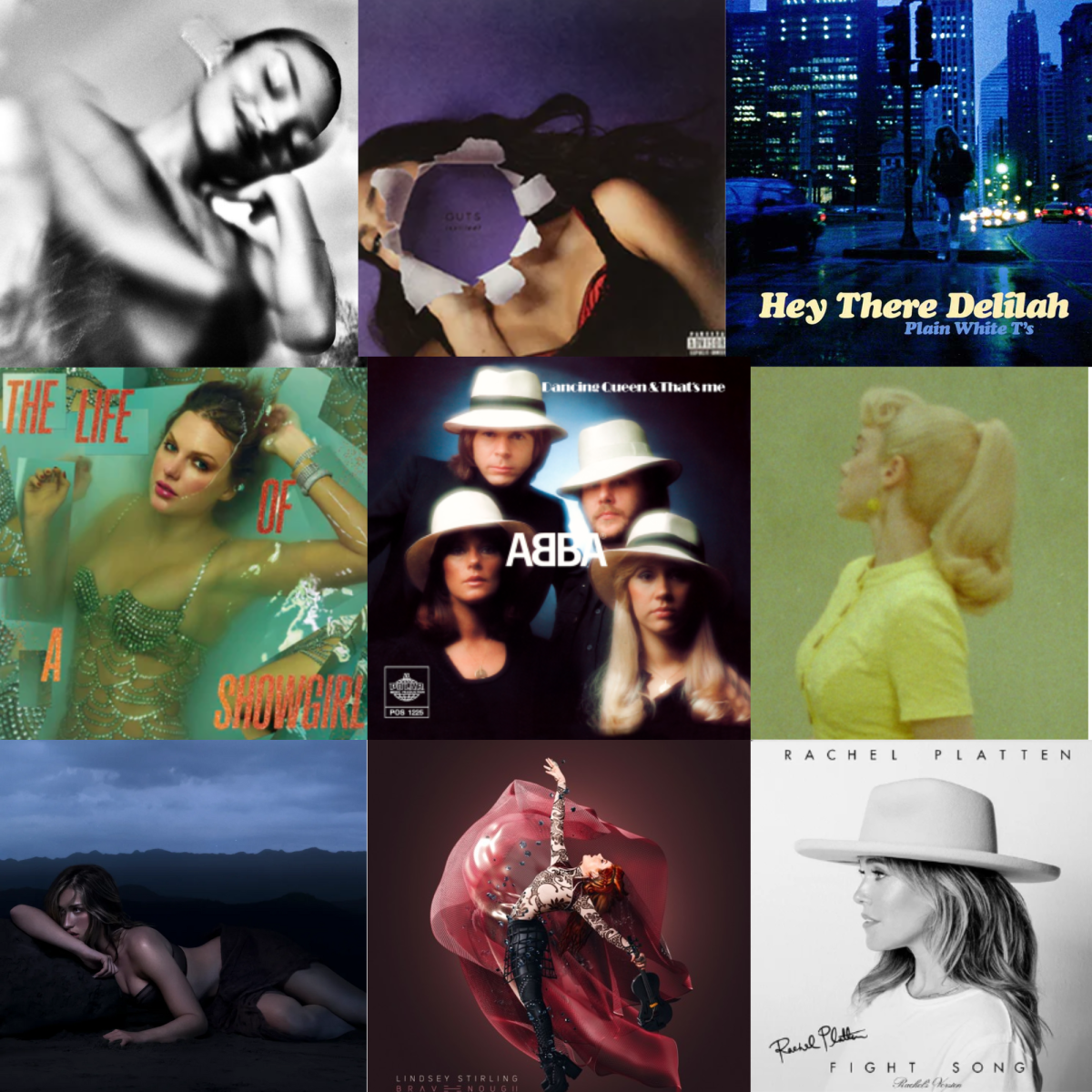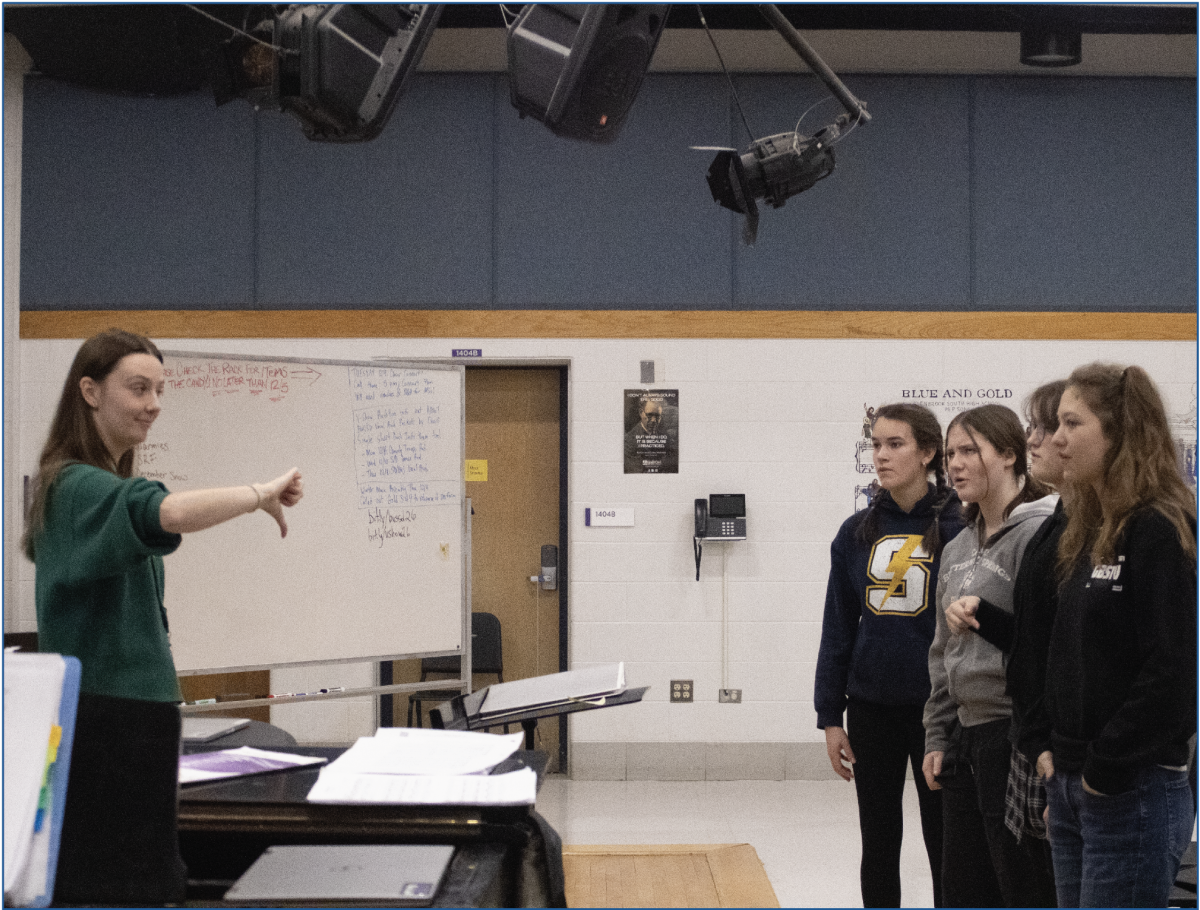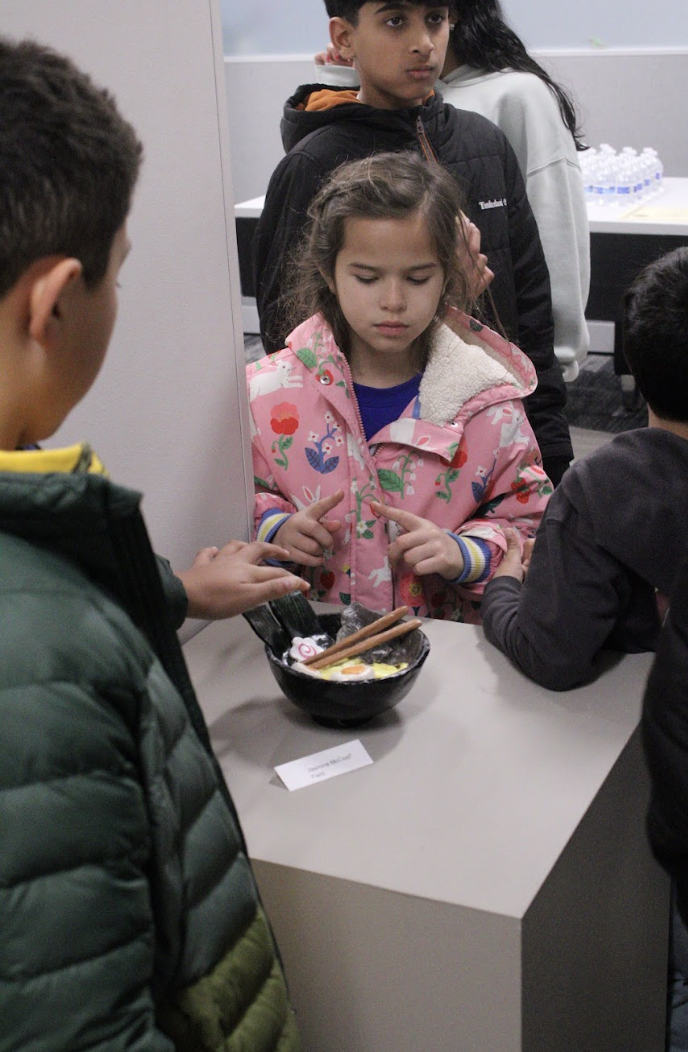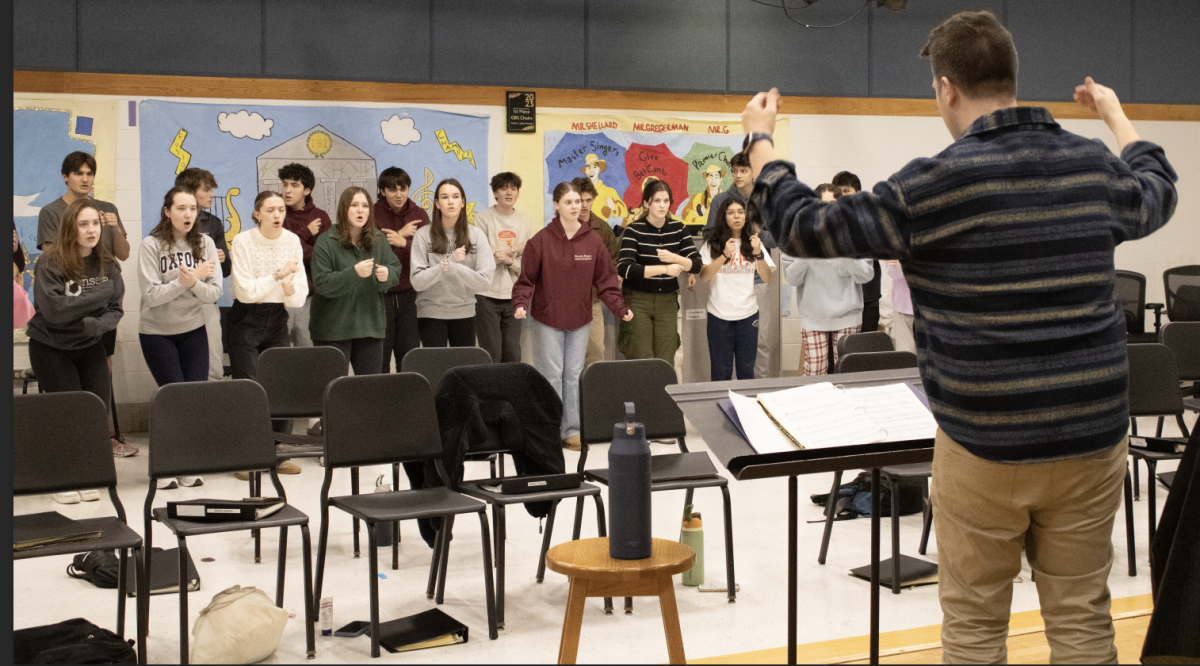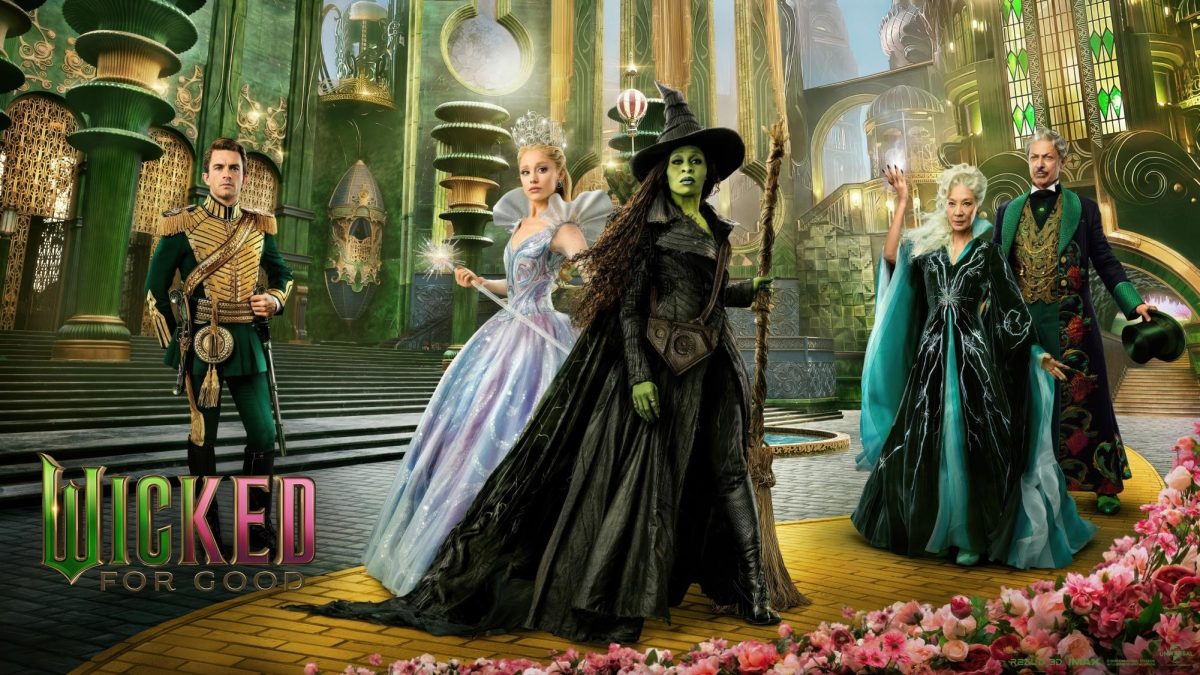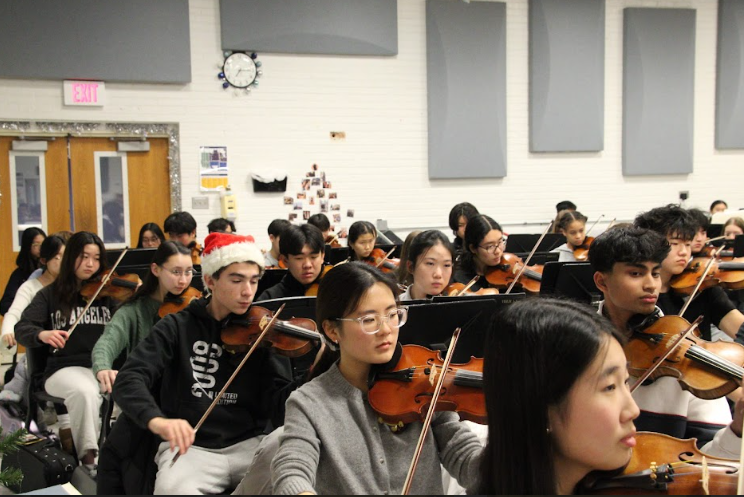Orpheus was a Greek mythical musician whose music coaxed the trees and rocks to dance. The Glenview-based dance troupe, Orpheus, draws its name from this legendary figure and its dances from the rich culture of Greece, according to John Economou, one of the group’s founders and instructors.
Orpheus recently celebrated its 25th anniversary and now includes five different dance groups divided by age, a music program for Greek folk instruments and a singing program for folk songs, according to Economou. Over its 25 years, Orpheus has created a chance for Greek-Americans to be reminded of their heritage.
According to freshman Alexandros Economou, a dancer and the son of John, Orpheus’s high school dance group is called Nea Genia, which means “New Generation.” This January, Nea Genia competed in the Hellenic Dance Festival (HDF) and won first place in its division among twenty other groups. The HDF is a nationwide, annual dance competition for Greek- Americans held by the Holy Metropolis of Atlanta, according to John.
“Last year the high school group came [in] second and this year they came [in] first,” John said. “So the bar has been set very high. The fact is that when people get involved in competitions, they feel a little bit more motivated. […] In the end, everything kids do now in high school has some kind of competition, so this competition has really helped us motivate and reach deeper, new levels.”
Junior Alexandra Hristakos thought that their progress as a team was really an accomplishment.
“I feel like since last year we’ve become really confident, because we got second, so we worked a lot harder to make it to first this year,” Hristakos said.
According to Alexandros, the group practices every Thursday in preparation for competitions such as the HDF and other festivals. Their next performance is at Navy Pier in March. Nea Genia’s dance repertoire consists of dances from different parts of Greece’s mainland and islands.
“Some of the dances we do are Kalamatianos, that’s a very popular dance, a lot of people know that one,” Alexandros said. “There’s also Ikariotikos. We do a lot from the island of Ikaria.”
John believes that competitions provide motivation for the dancers, but his main goal is not to win first place.
“The primary mission is to instill [Greek] culture in younger Greek-Americans,” John said. “The mission is to create a program that will be able to showcase Greek culture to the wider American community, because here in the U.S. the multicultural phenomenon is very strong; so, we wanted to have a presentation among that multicultural fabric that’s so prevalent.”
John also wants his program to showcase Greek culture and traditions to the American multicultural community. Many members such as Alexandros and Hristakos enjoy this exposure to Greek culture and the experiences that Orpheus provides.
“I’ve made a lot of good friends from it,” Hristakos said. “I used to never like Greek dancing, but now I do because now I know how to do a lot of [the dances], and it’s fun for me.”
Another South member is junior Pamela Haralampopoulos, who originally joined because her friends were a part of it.
“It’s just so much fun to see everyone who I might not necessarily see that often,” Haralampopoulos said. “We all have a passion for dancing, and it’s just really fun to be all together and doing something that we all love.”
However, Orpheus was not originally a group for teenagers, according to John. It started as a team of adults who just wanted to have fun. But ever since they realized a new purpose for the group, John says that the group has come a long way.
“The beginning was casual with people getting together and having a good time, and then the mission became a little bit more focused,” John said. “We realized that we cannot just do this for our own purpose, but we needed to expand this to include children. Because, the earlier they start, the more sensitive they will get to [Greek culture] and will be able to continue later as they grow older.”
According to Alexandros, he grew up watching Greek dance, and the group has become even more special to him as time has gone on.
“[Orpheus is] special because it helps connect us with other Greek-American kids here in Chicago,” Alexandros said. “And we’re very easy to keep close to, because we love what we’re doing. It helps us become closer and celebrate our culture and our past.”


